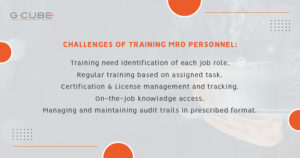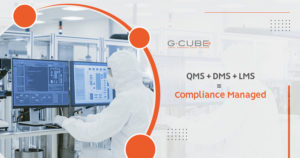Boosting employee performance is one of the most critical L&D concerns. A key element of this is accurate, timely TNA. Typical TNA process includes target setting, mapping performance, identifying skill gaps and aligning the required training. In many cases, some or all of it is a tedious, manual process that requires collating data from multiple source, conducting assessments, collecting reviews etc. Now imagine a scenario where this is completely automated, individualized and regularly monitored with following key outputs:
- Map individual performances across different parameters, accurately identify skill gaps and finally trigger training suggestions based on these insights.
- Identify skills gaps common across different individuals in a team and schedule training sessions
- Dashboard view with a clear perspective on the areas where each employee is performing adequately, low or high. The best part is how unbiased and meticulous the data is. All peers are reviewed on the same parameters or at most difference, on their individual KPIs. The final team view gives a precise location of where each employee’s progression is.
A sales rep’s performance can be monitored at each phase of his progress with a prospective customer. A log of the number of leads that were entertained are mapped against those that were converted to opportunities by completed test rides. This is funneled into the actual sales completed and conversion percentages are clear at each stage.
Accurate, Timely TNA – A robust Learning and Performance Platform (LPP – KPI-linked training solution) automates the process to give greater planning control on strategic TNA decisions. Compared against set standards, skill gaps, if any, become apparent. The LMS can then suggest which trainings can be assigned to each individual on this basis. This can also help you identify high potential employees. The dashboard will clearly show those employees that consistently perform highly. For such employees, training will include elements that can help him/her to maintain high performance. Such insights also indicate whether training is required for the entire team or for an individual. If a team training is required, the LMS can be used to conduct a group session in whichever engagement format required. Individual trainings are highly personalized journeys and can be sustained through further suggestive learnings along the employee’s learning path.
MeasuringTraining Efficacy – The great thing about using an automated system for TNA is the final measurement of training efficacy. Once the performance platform triggers the learning, the LMS can see the employee through the entire learning journey while recording progress at each phase, up to final assessment and scoring. Virtualized training delivery and assessments account for higher completion rates. Multi-format training suggestions increases engagement and retention and this is perfectly captured in the LMS as visible data.
Key Takeaways:
- Automation of the TNA process through the LMS increases managerial efficiency and accuracy
- LMS-enabled, data-backed TNA ensures training is truly need-based and well aligned, thereby increasing personalization, adoption, engagement and retention.
- It is imperative, for the accuracy and success of training plans, to measure and monitor performance consistently.
If you’d like to know more about how performance analysis can benefit your organization, do visit usor get in touch with us and we’d be happy to take you through it.












